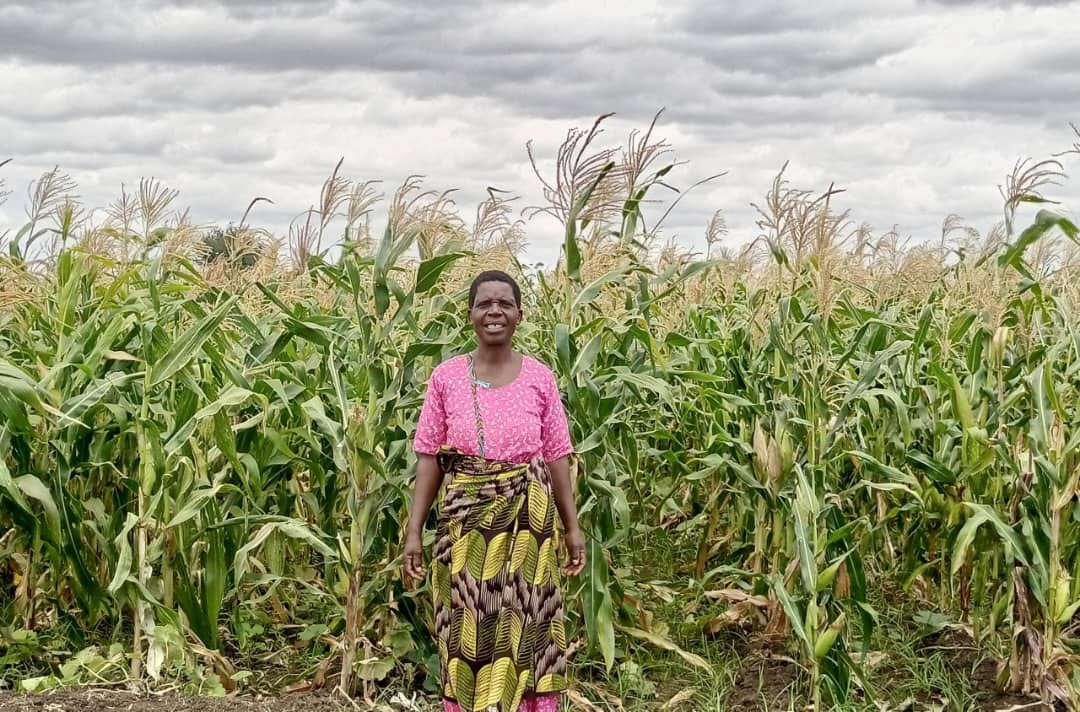Irrigation project transforms lives of Malawi farmers in Phalombe
The cooperative has expanded from 1.5 to 5 hectares, growing diverse crops including maize, groundnuts, tomatoes, bananas, and vegetables.
PHALOMBE, Malawi — A local farming cooperative in Malawi's Phalombe district has emerged from poverty through irrigated agriculture, supported by the World Food Programme (WFP) and World Vision International with USAID funding, writes Esther Banda.
Mathithi cooperative, established in 1996 with 20 members using rudimentary irrigation methods, has grown to 51 farmers who have transitioned from subsistence farming to financial independence.
"Farming on my own brought us nothing. I no longer rely on government aid for food, and I can pay school fees for my three children," said Agnes Njaiti, who joined the cooperative in 2017.
The WFP provided solar pumps, 20,000-liter water tanks, and agricultural training.
Patrick Naminga, a former fisherman and cooperative member, has seen dramatic improvements: "Through this cooperative, I now own 30 cows, 21 goats, and have built seven houses."
The initiative has even attracted younger members like University of Malawi student Ida Chimenya, who joined in 2023 and plans to purchase a laptop with her harvest earnings.
Felix Champion, the cooperative's chairperson, praised the initiative while noting challenges.
"Our farming activities are challenging due to water limitations. With two or three more solar pumps, we could fully cultivate our available land," he said.
The cooperative has expanded from 1.5 to 5 hectares, growing diverse crops including maize, groundnuts, tomatoes, bananas, and vegetables.
They supply produce to five local primary schools through WFP's Home-Grown School Feeding Programme.
"Our profits are higher than we ever imagined," Champion added, highlighting the program's success in creating both food security and economic opportunities for the community.
The transformation of the Mathithi Cooperative demonstrates how targeted agricultural support can lift rural communities from subsistence farming to self-reliance, setting a model for similar initiatives across Malawi.



